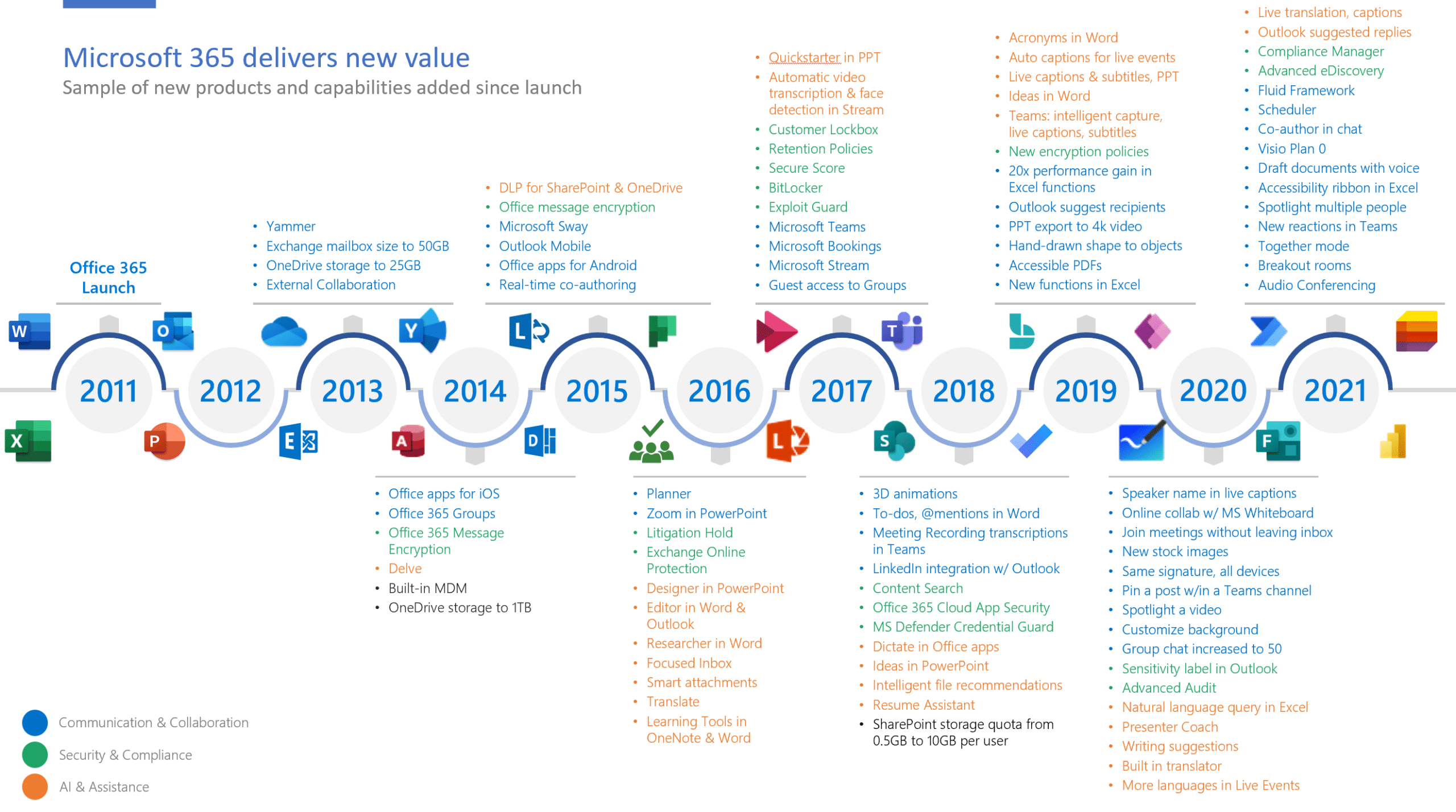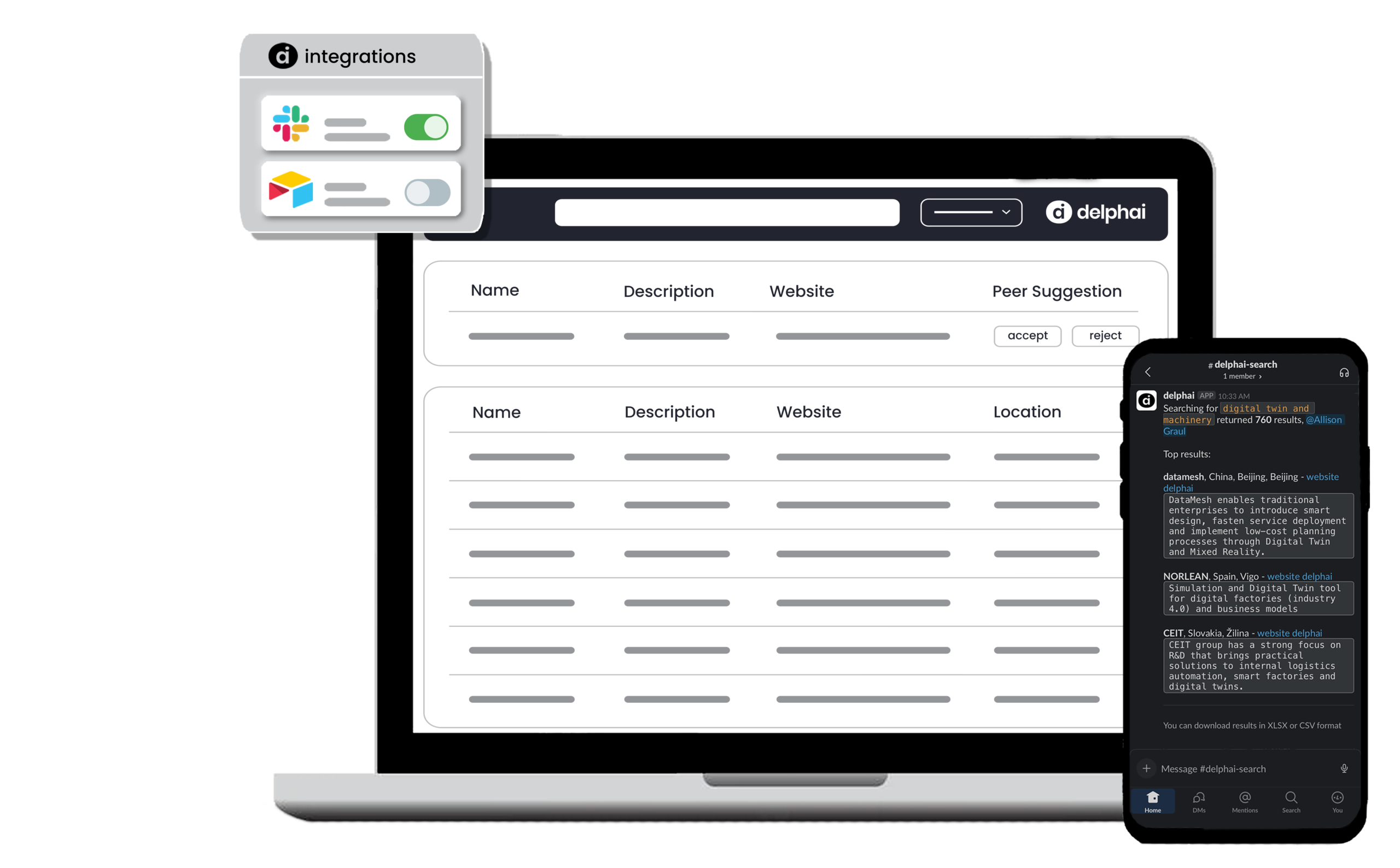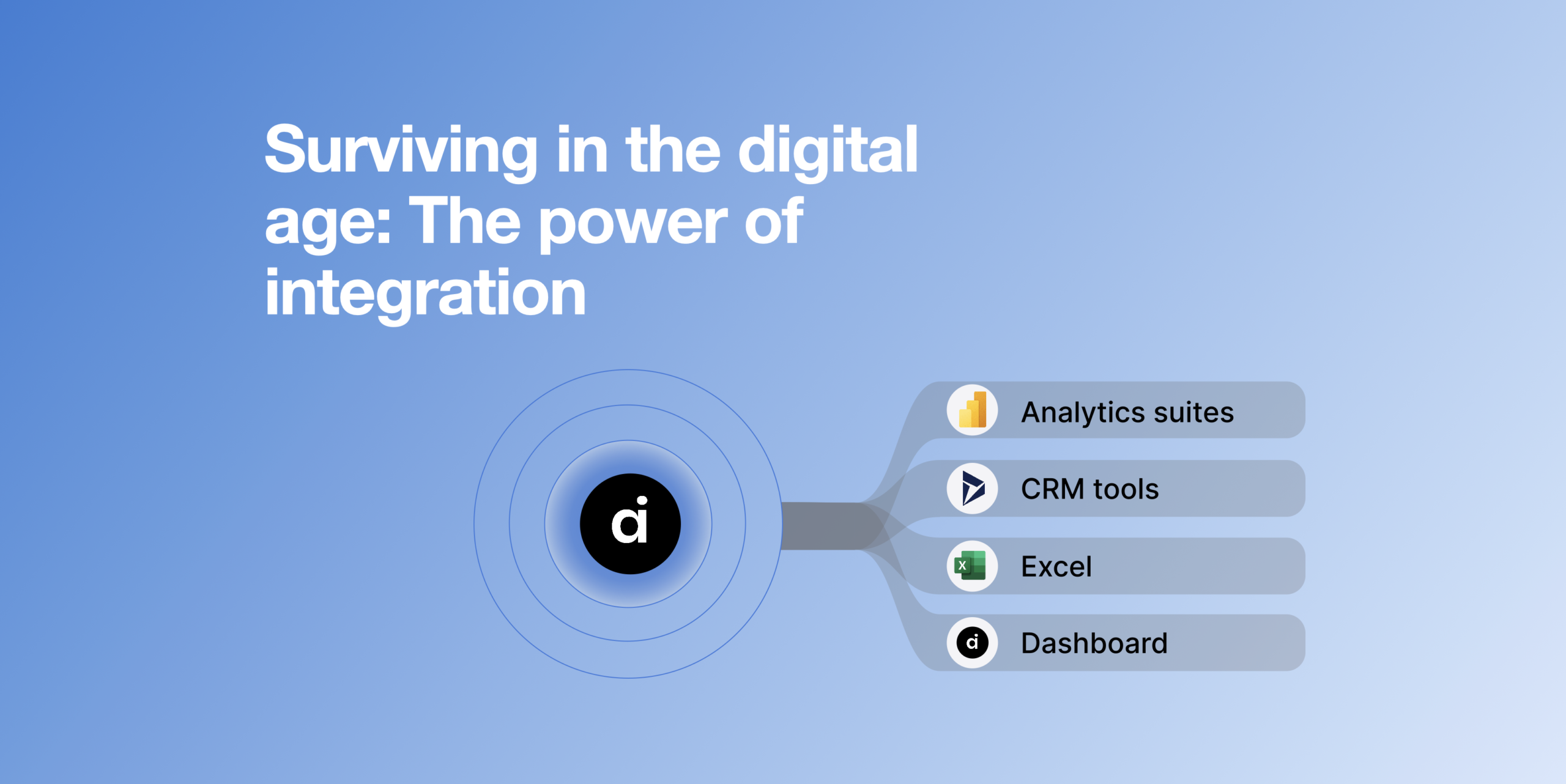Introduction
Welcome to the digital age
In today’s digital age, companies rely on software solutions to streamline their operations, gather, structure, and analyze data, and improve decision-making. Firms are embracing the benefits of customer relationship management (CRM) software, exploring project management tools, and experimenting with marketing automation platforms. This makes the ability to integrate software solutions seamlessly into a company’s existing systems more important than ever (the integration-first approach). This has become particularly important with the rise of super-apps.
The rise of super-apps
Super-apps are all-in-one platforms that offer a wide range of services within a single app. They have become increasingly popular in recent years, especially in developing economies, as they provide users with a convenient way to access various services through a single app. Examples of super-apps include Tencent’s WeChat in China, Grab and GoTo in Southeast Asia, and the proposed Twitter 2.0 or “X” app being developed by Elon Musk. These platforms typically offer a combination of messaging, payment, e-commerce, and gaming capabilities, and often include “mini programs,” or third-party applications that exist within the app itself. The success of super-apps is largely due to their ability to provide a seamless and integrated experience for users, allowing them to access a wide range of services without having to switch between multiple apps.
The integration-first approach
The trend toward “unbundling”
The last 10 years in the B2B SaaS industry have been marked by a trend of “unbundling,” where companies have captured market share by offering specific features and tools to challenge larger, incumbent companies with bundled offerings. However, times are changing as there is now an oversupply of B2B SaaS tools, and companies are beginning to face issues with data management and the overhead associated with using multiple, disconnected tools. This will therefore lead to a shift towards “multi-product strategies”, a return to bundling in the industry, and an increasing emphasis on interoperability.

“Integrate or die”
Unsurprisingly, the integration-first approach is becoming increasingly important in the software industry as it allows companies to effortlessly integrate their solutions into their clients’ systems, providing both value and convenience to customers. This approach allows for a more comprehensive and convenient solution, as all the necessary tools and services are easily accessible within a single platform. In contrast, companies that do not prioritize integration risk being left behind as their competitors offer more seamless and integrated solutions.
As more businesses adopt this approach, it is likely to become the standard in the industry, with software companies that are unable to integrate into their clients’ systems eventually disappearing from the market.
The emergence of low-code/no-code systems
Low-code/no-code systems already allow for custom-built dashboards (e.g. Microsoft PowerBI or Airtable) and will end the co-existence of dozens of separate end-to-end solutions. Slack and Microsoft Teams are two of the first and best manifestations of these integrated and functional area-spanning systems.
delphai: A central hub for firmographic data
delphai’s role and capabilities
At delphai, we believe in the integration-first approach by being the central hub for and the underlying backbone of firmographic data. delphai is a market intelligence software company that helps businesses automate the collection, harmonization, and integration of company data. delphai acts as the central hub for any firmographic information used by any user within a company, providing a foundational layer behind the company’s bespoke front-end solution that feeds into it, learns from user interactions and enables predictive analytics while maintaining full data observability.
By using delphai, companies can easily access and analyze the data they need to make informed business decisions, all within a single platform. This can be especially useful for companies looking to enter new markets, as delphai offers industry- and stage-agnostic coverage, spanning everything from startups to corporations and the massive private mid-market in between.

Surviving in the digital age
As we move into the future, it’s clear that the concept of “integrate or die” will become increasingly relevant for software companies. Those that are able to seamlessly integrate into the systems of their clients will thrive, while those that neglect the integration-first approach will struggle to maintain relevancy. Companies like delphai are helping to pave the way for a future where integration is key to success, and it’s likely that more use cases will emerge to meet the growing demand for this type of solution.
Conclusion
In summary, the integration-centric approach is gaining significance in the software industry as it enables organizations to smoothly incorporate their offerings into their clients’ systems, providing both advantages and ease to clients. This method facilitates a more comprehensive and convenient solution, as all the essential tools and services are readily available within a single platform. Those firms that make integration and interoperability a priority will prosper, while those that do not may fall behind. With the advent of low-code/no-code systems and super-apps, the trend toward bundling is likely to become the norm in the industry. As a provider of market intelligence, delphai offers a centralized hub for firmographic data, which can be particularly useful for companies looking to expand into new markets. As the industry moves forward, it is essential for software companies to emphasize integration and interoperability to remain competitive and provide value to customers.
To learn more about integrating delphai’s firmographic hub into your workflow, please request a demo here.


